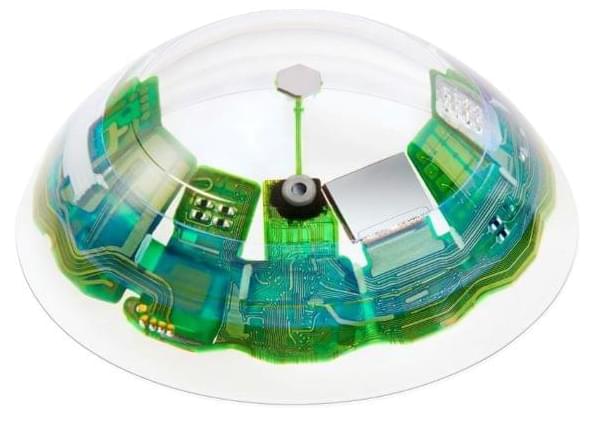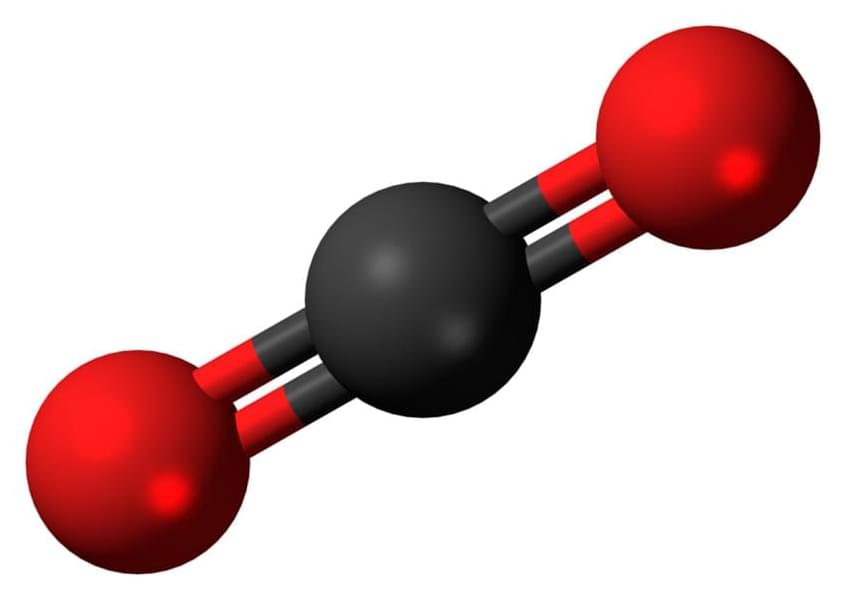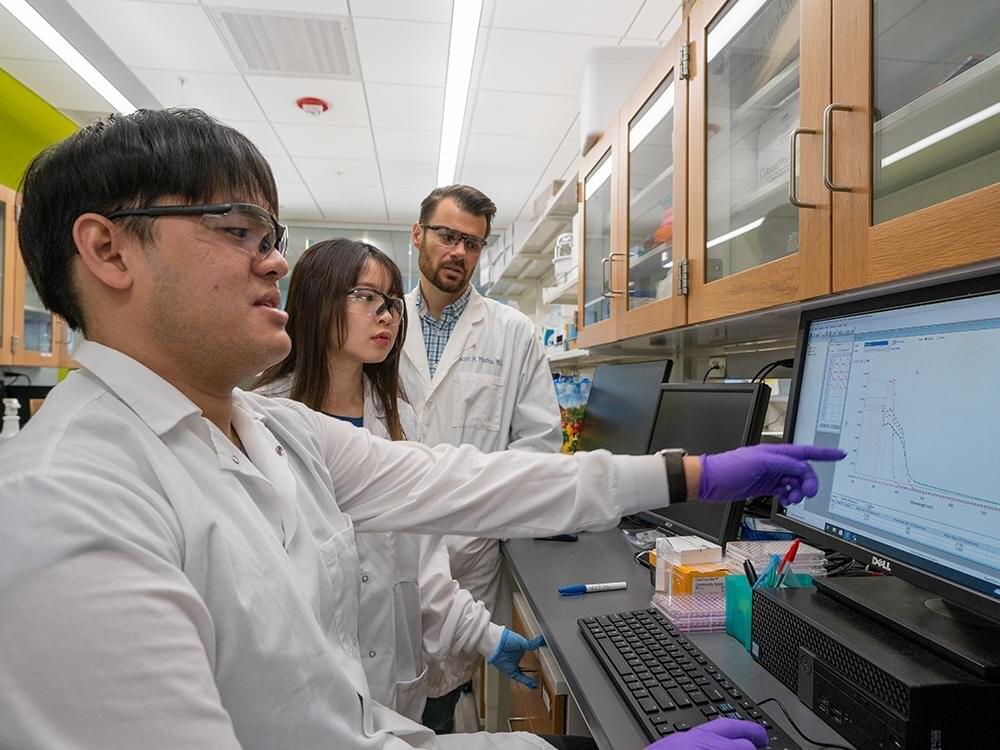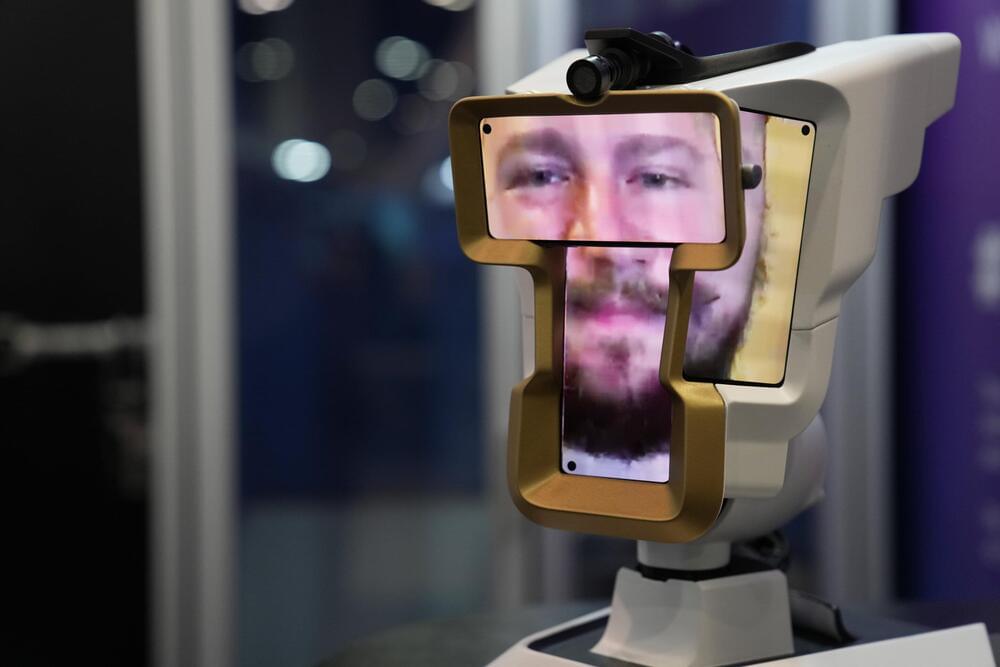We’ve met with Mojo Vision for several CESes, watching the startup’s AR contact lenses develop, year by year. These sorts of things take a lot of time and money, of course — and these days it seems increasingly difficult to find either. Today, the California-based firm announced that it is “decelerating” work on the Mojo Lens, citing, “significant challenges in raising capital.”
In an announcement posted to it site, CEO Drew Perkins blames insurmountable headwinds, including the bad economy and the “yet-to-be proven market potential for advanced AR products” in its ability to raise the necessary funding required to keep the project afloat.
“Although we haven’t had the chance yet to see it ship and to reach its full potential in the marketplace, we have proven that what was once considered science fiction can be developed into a technical reality,” Perkins writes. “Even though the pursuit of our vision for Invisible Computing is on hold for now, we strongly believe that there will be a future market for Mojo Lens and expect to accelerate it when the time is right.”








